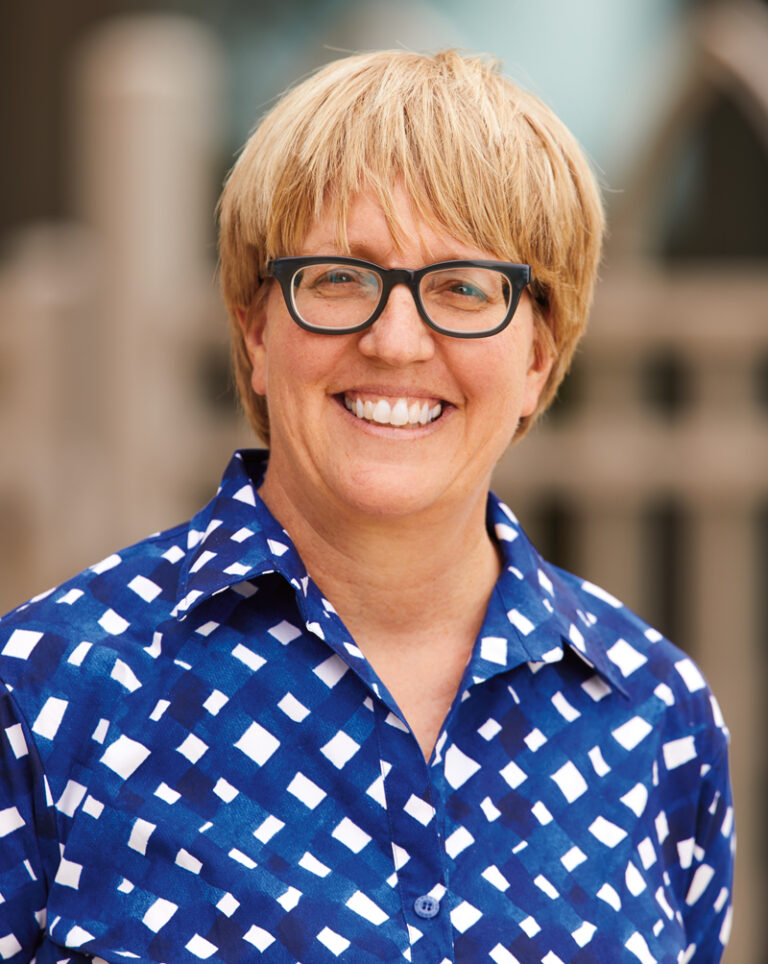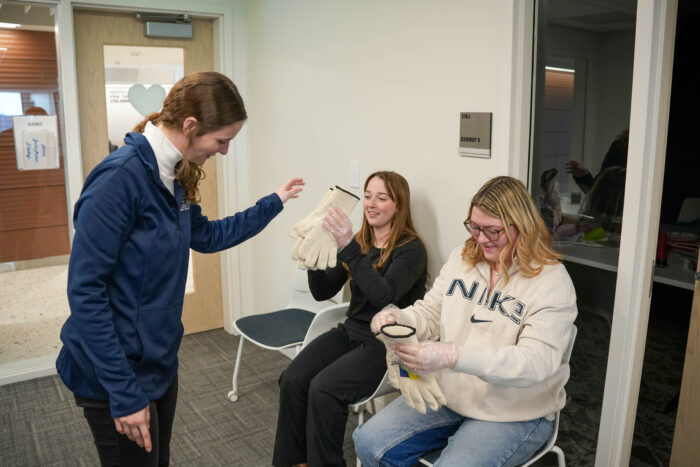Read Judge Rosenthal’s 2019 Hallows Lecture at Marquette University Law School
I love the practice of law. That love of practice began when I started, almost 30 years ago, and continues today. It has motivated me to teach law students—to work with people who seek the same thing. Part of what I say to law students is this: Your career is likely to take a path with unexpected twists and turns, and that is OK. In fact, embrace it: Those changes of direction will provide opportunities to be a lawyer in a new way—in a new subject area or in another part of the legal process or with a new set of clients. Those opportunities assist in the building of your portfolio or, if you will, your legal skill set.
In my career, I have made some deliberate moves to build my legal skill set. After several years of practice at a plaintiff-side litigation firm in Chicago, I decided that I lacked sufficient mastery of legal writing. So I took a position in the appellate division at the City of Chicago’s corporation counsel’s office. I traded in a menu of motions for a steady diet of appeals. Writing briefs offered an opportunity to immerse myself in legal writing practice. Fortunately for me, that practice also came with a team of curious colleagues who, through formal case conferences and routine kibitzing, collaborated on formulating legal theory and strategy. That practice also came with supervisors whose editing helped me improve my writing. Once my legal writing skills were better developed, I began teaching legal writing as an adjunct professor at Loyola University Chicago’s law school. As any professor can tell you, I learned as much as my students did from the experience. And I drew on their enthusiasm for the law.
When my husband and I moved to Milwaukee, I continued teaching as an adjunct professor at Marquette University Law School. Dean Howard B. Eisenberg appointed me to teach pretrial practice, which enabled me to blend my trial-level litigation past with my appellate knowledge of procedure, including, of course, preservation of error.
I continued to build on these skills through a litigation practice with a large law firm, Foley & Lardner. There I worked with some excellent lawyers whose insights on the law, dedication to pro bono work, and mentoring of attorneys left a strong impression.
To balance legal practice and raising a family, I left big-firm practice for the flexibility of my own firm. I did not give up challenging legal issues, pro bono work, or skill building. To the contrary, I became a more well-rounded attorney who now could educate students about the nuts and bolts of legal practice, from checking conflicts to drafting engagement letters to client management. This, too, was skill building. Working as a solo practitioner also gave me the opportunity to try criminal law advocacy. I was not after mastery, but I acquired what I wanted, which was an informed sense of the weightiness and some of the challenges of being a criminal defense attorney—and a belief that in my small way, perhaps, I had contributed to the justness of the system.
Last year, after 17 years as a solo practitioner, it was time for a new challenge. I hoped to bring together the skills developed over a legal career. I wanted to work with colleagues who were interested in the law. I sought the opportunity to combine pretrial, trial, and appellate practice. And my hope was to work as a supervisor, so that I could mentor attorneys, assist in their skill building, and pass along the lessons of those who had supervised me—not least through editing. I also realized that I wanted to work in government again, to experience the different approach and commitment required when the government is the client.
Fortunately for me, the right position opened up with the Milwaukee County Office of Corporation Counsel. Now, each day offers a new substantive legal area, a thorny factual or procedural problem, as seems to be a given in government work (and perhaps the law more generally), or the possibility of developing strategy and providing education to head off litigation. In short, this work offers the opportunities that I urge on law students: opportunities to learn to work with impressive people, to continue enhancing a legal skill set, and to further a love of legal practice. I have set aside for now my teaching as an adjunct professor, but Marquette Law School’s extraordinary supervised field placement program gives me teaching responsibility with our office’s law student interns.
All of this is one way of telling my story in the law. I am certain that you will find some ambition in it—but also, I would like to think, some aspiration.
This response and the 2019 Hallows Lecture were first featured
in the Fall 2019 issue of Marquette Lawyer magazine
Anne Berleman Kearney is deputy corporation counsel of Milwaukee County and served, from 1999 to 2018, as an adjunct professor of law at Marquette University.



